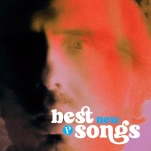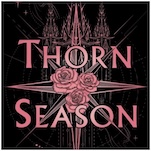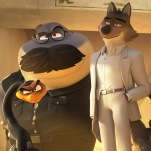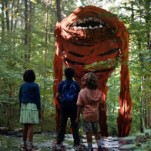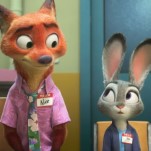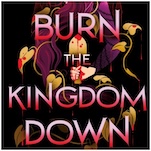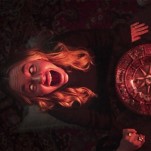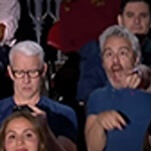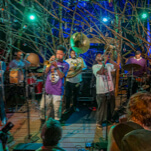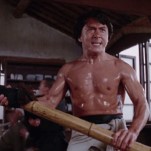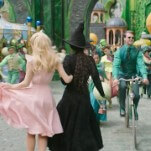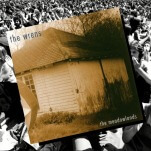Rich Hill (2014 True/False review)
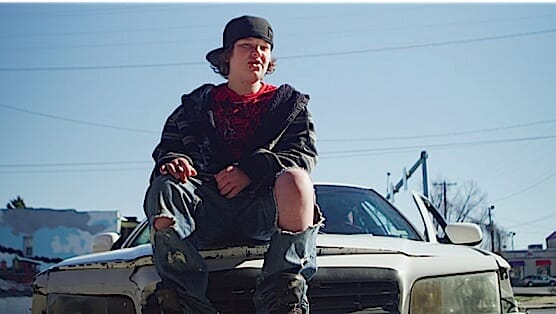
In our (hopefully) enlightened age, we’ve come to recognize that no group of individuals should be scorned simply because “they” are different than “us”: not minorities, not homosexuals, not foreigners, not anyone. But this path to a more inclusive worldview hasn’t made room for everyone, yet. Look around pop culture, especially reality television, and you’ll see that there’s still plenty of derision aimed at those who would be described roughly as “poor white trash.” Whether it’s Hoarders or Cops, or even well-regarded indie films like Winter’s Bone, you’ll notice a dark view of those living in America’s supposed flyover country, far from the nation’s cultural hotbeds. It’s often portrayed as a land inhabited by hicks and hillbillies, rednecks and losers. Other minority groups have enough political capital to fight back against negative media representations: Who will champion the cause of the white underclass?
Cousins Tracy Droz Tragos and Andrew Droz Palermo grew up in Missouri near the economically depressed town of Rich Hill, which has about 1,300 residents. Their documentary focuses on three young people in Rich Hill, but more broadly Rich Hill is a portrait of poverty and diminished dreams in America’s heartland. Tragos and Palermo force us to see these residents in their unvarnished surroundings, but rather than mocking or patronizingly ennobling them, Rich Hill simply asks viewers to question our prejudices. It’s a modest ambition rendered with great feeling.
The winner of the U.S. Grand Jury Prize for documentary at this year’s Sundance Film Festival, Rich Hill introduces us to Andrew (14), Harley (15) and Appachey (13). All three live in difficult situations, but that doesn’t mean they face the same obstacles or respond to them in the same way. Andrew is a relatively well-adjusted guy despite his father’s inability to hold down a job, while Harley struggles to contain his violent impulses since his mother went to prison a year earlier. As for Appachey, he’s one of several siblings watched over by an apathetic young mother, his interest in art and skateboarding perhaps not enough to overcome his messy home life. (And I mean “messy” literally: Their house is littered with clothes, trash and detritus, so much so that it’s hard to see the floor in some rooms.)
Not unlike Elizabeth Mims and Jason Tippet’s remarkable 2012 documentary Only the Young, which observed the lives of three Southern California teens, Rich Hill seeks to capture the essence of adolescent life, eschewing familiar teen types that we get through movies and television. There’s a refreshing awkwardness and unguarded honesty to Tragos and Palermo’s subjects, and the film doesn’t worry about pushing a particular narrative or agenda.
-

-

-

-

-

-

-

-

-

-

-

-

-

-

-

-

-

-

-

-

-

-

-

-

-

-

-

-

-

-

-

-

-

-

-

-

-

-

-

-


